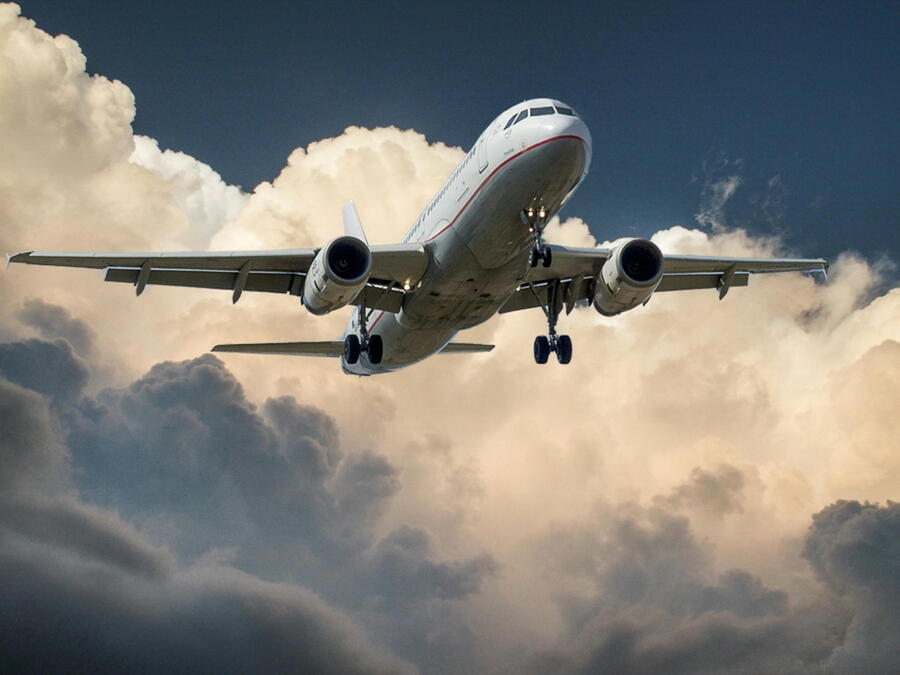It’s getting to that time of year when everyone reviews the past 12 months. Usually, this would be fun, but it’s been a challenging year. It’s not just with my sports teams – both the Giants and the 49ers were mediocre or just simply bad – but after the November elections, the state of the world has taken a potentially dark turn. So, in a sense, it’s hard to review a year that’s been difficult to reflect on.
As a travel content creator and advisor, I get to look at this industry differently. Both dovetail with trends of where people are going, how they get there and what they do once they’ve arrived. We’re essentially back to normal from the COVID-19 pandemic, even with some people still contracting it. However, some of the current trends are still a result of what happened with the virus and its impact on travel, even three to four years after the worst of it all.
This trend report is from Travel Age West, a trade publication for travel advisors and executives, so this is just their viewpoint. If I looked at a half dozen others, I’d see a dozen different developments. I chose this one because it provided an intriguing perspective.

Spending the kids’ inheritance
The trend here is a lingering effect of the pandemic, even though it’s been almost five years since the nearly worldwide shutdown. Most younger boomers and older Gen X felt being stuck at home compelled them to check off the bucket list items and “go big” in their travel bookings. So, they’re taking what they’d pass on to their kids and grandkids and spending it on themselves.
At first, I would say this is the epitome of self-centeredness. My parents made sure my siblings and I had something to build a future life with, and with the way money doesn’t go far now, it would be a noble thing to do. But I know enough older adults whose children aren’t financially smart or careful, so it’s not surprising that some are taking this approach and enjoying their hard-earned income for themselves. It’s a tough call, but I would still support leaving at least a little money for them.

Airfares and more seating
With fewer travelers worrying about COVID-19, the inclination to travel also grows. Airlines are ready to meet that demand, which means they will open more flights and seats to nearly all destinations. What does that mean for you, the consumer? More competition and thus decreased airfare.
Places that experienced suspended air service are now opening again, post-pandemic. That also goes for nonstop or direct flights, making traveling easier. Anything that can make flying less of a hassle is a good thing. Now, if they could make the seats more comfortable and spacious, we wouldn’t have to keep paying for that privilege.

More solo travelers
Just a few years ago, solo travelers had second-class status, especially with cruises and tours. They often had to pay the single supplement charge, which was double the fare in most cases. That frequently penalized those who were recently widowed, divorced, never married or newly single or placed them in a potentially awkward shared rooming situation.
Now, travel companies are taking notice of this growing segment and making it easier for solo travelers. Many are forgoing that annoying supplement and offering reduced pricing as well as single rooms or cabins. I think this trend will only get more popular and be more common with suppliers as more solo travelers demand it.

Culinary cruises, luxury safari camps, Albania
These are some of the significant developments that travel companies are seeing in the coming year: cruises with a food emphasis, glamping safaris, and tours to a former Soviet Bloc country that few people have seen before the 1990s. Albania could be a hidden gem destination (my picture of Butrint is above). Although some of its towns are a bit chaotic, its natural beauty is unspoiled by mass tourism.
Of course, I can support anything food-related. On that same Atlas Ocean Voyages cruise, which I took to Albania this summer, I enjoyed the culinary focus of the itinerary. Regarding safaris, I see many people going on them through my social feeds. I won’t be surprised if this becomes even more popular in 2025.

Destinations less traveled
When people think about overseas travel, Europe and Asia (particularly Japan) are nearly immediately attracted to mind. As mentioned in the article, those naturally remain popular, but more people are considering going to less-visited areas of the world, like the Philippines and Ischia.
I think travelers either have a “been there, done that” mentality or are aware of the consequences of over-tourism and are looking for alternative places. I like this approach and hope to take it myself in the next few years in my travels.
